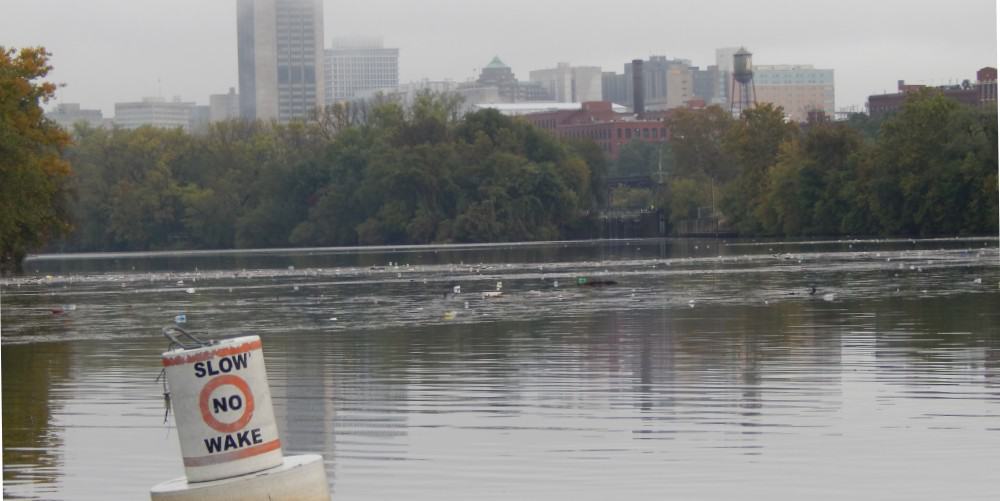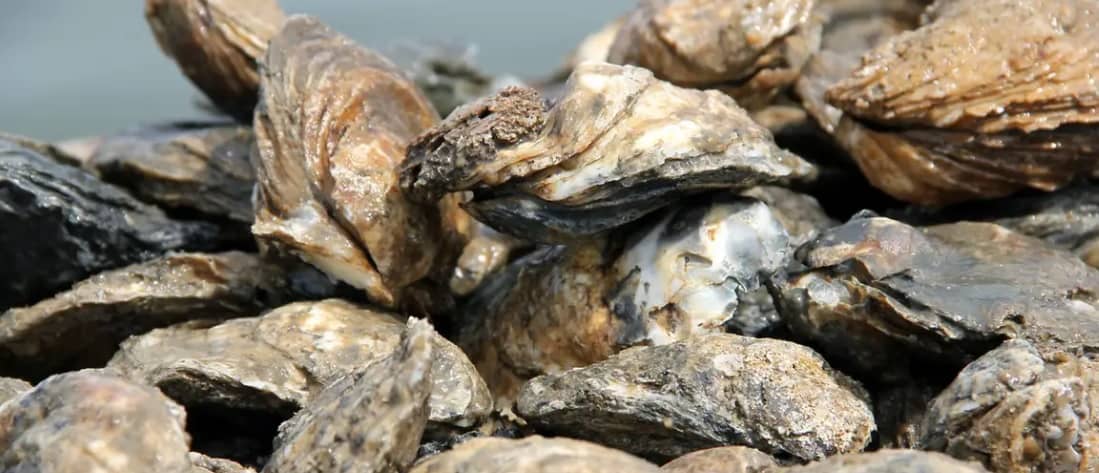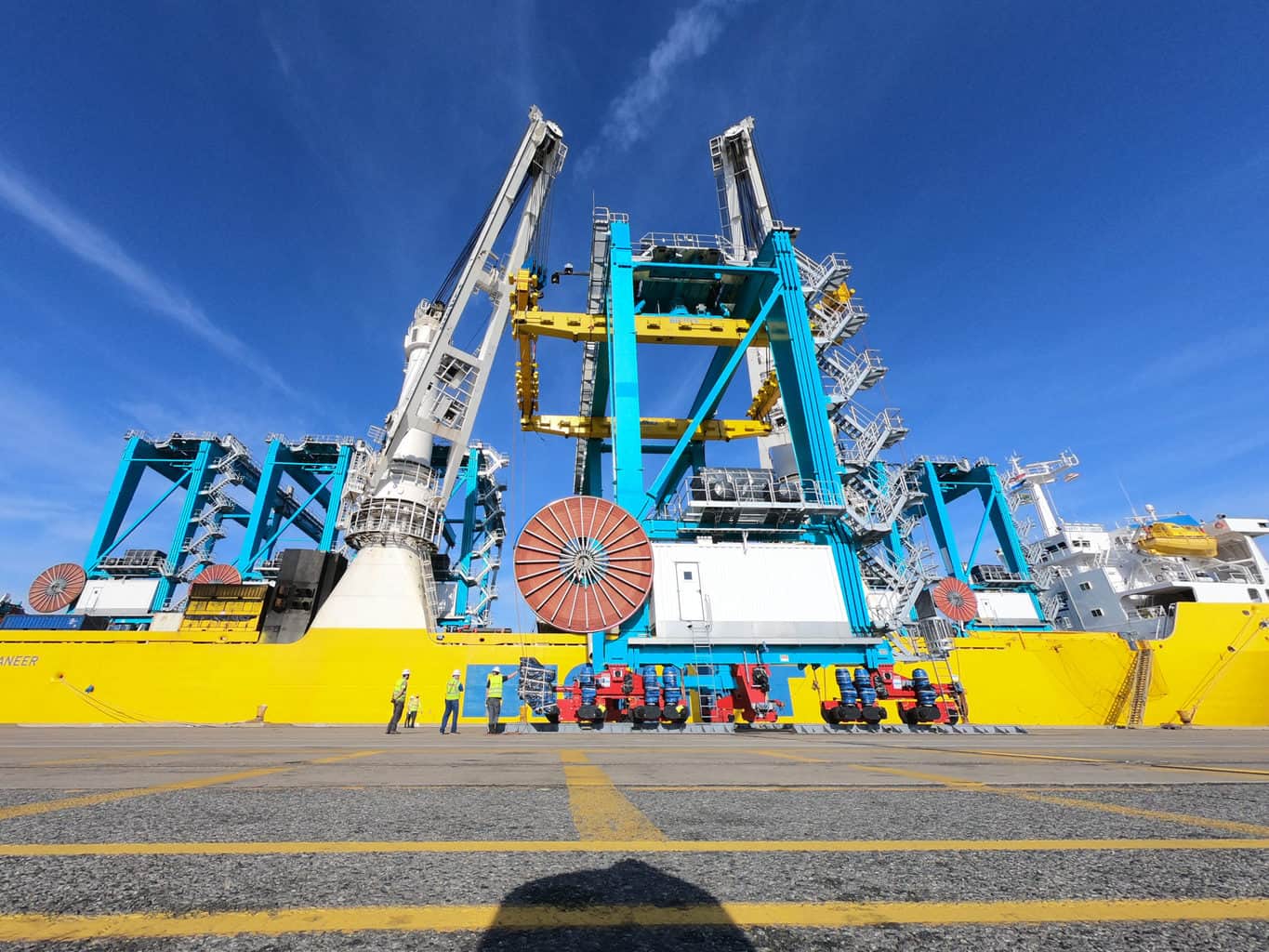The American Rescue Plan Act that President Joe Biden signed into law on March 11 may offer infrastructure funding solutions to major pollution problems that have plagued Richmond, Alexandria, and Lynchburg, Va. for more than a century. Together, the three cities are asking Gov. Ralph Northam to allocate $1.4 billion to support these complex rebuilds, $883 million for Richmond, $500 million for Alexandria, and $50 million for Lynchburg. The proposal has strong bipartisan support in the Commonwealth’s General Assembly ahead of its August 2 special session.
Like many older cities in the United States (and around the Chesapeake watershed), Richmond, Alexandria, and Lynchburg have aging, late 19th-century combined sewer overflow (CSO) systems still draining areas within their corporate limits. During heavy rains, these CSOs bypass municipal wastewater treatment plants, sending raw sewage directly into local waterways, in these cases the James and Potomac rivers. Solving the problem is difficult and expensive because it involves “rebuilding that part of the city from underneath,” as one civil engineer described the process.
Funding is a special problem because urban ratepayers alone cannot absorb the huge cost of repairing these century-old systems that seemed like good ideas when they were built. Nevertheless, the Clean Water Act and the Chesapeake Bay pollution diet require all cities to eliminate these sources of pollution and public health problems. All three of these Virginia cities have made some progress, at costs reaching hundreds of millions of dollars. The question is always how to pay for the full solutions and what should be the deadlines for completion.
Last year, Bay Bulletin reported on a bill passed with bipartisan support by the Virginia General Assembly requiring Richmond to eliminate its discharges by 2035, while “reporting annually on progress and funding for the work.” Richmond’s problem is by far the largest. Last year, James River Association CEO Bill Street offered this assessment of Richmond’s challenge and the role of this legislation in helping the city rise to it by 2035. Alexandria’s RiverRenew Project already works toward a 2025 deadline, while Lynchburg expects to complete its Long Term Control Plan by 2027.
In response to the 2020 legislation establishing Richmond’s deadline, Natural Resources Secretary Matthew Strickler has already recommended allocating $33.3 million from Virginia’s federal COVID-19 relief package. The money would support significant improvements by 2027 but still not meet the requirements of the 2035 deadline. If enacted, the proposed $1.4 billion capital investment from the American Rescue Plan Act would solve three foul, century-old water pollution problems. The James and Potomac Rivers—and the Chesapeake Bay—hang in the balance along with everyone who lives, works, and plays along these waterways.
–John Page Williams




